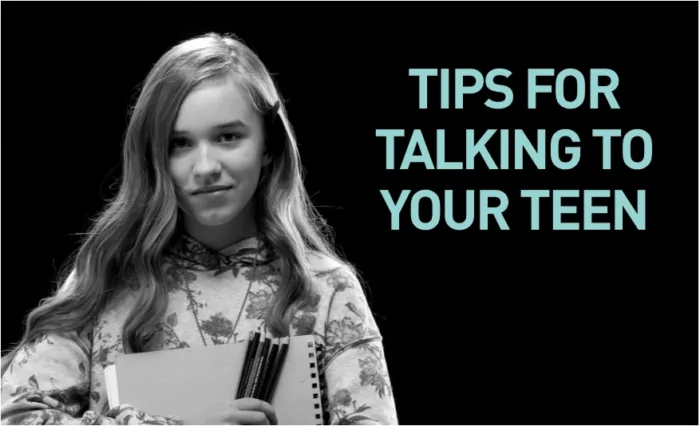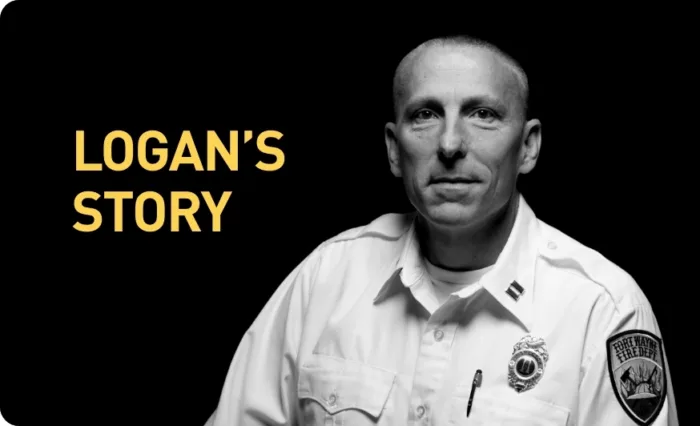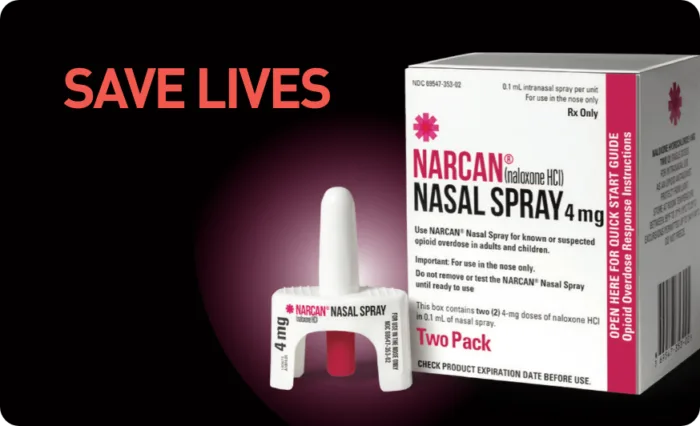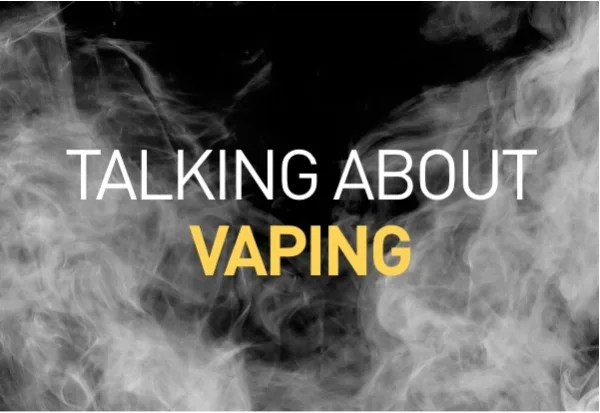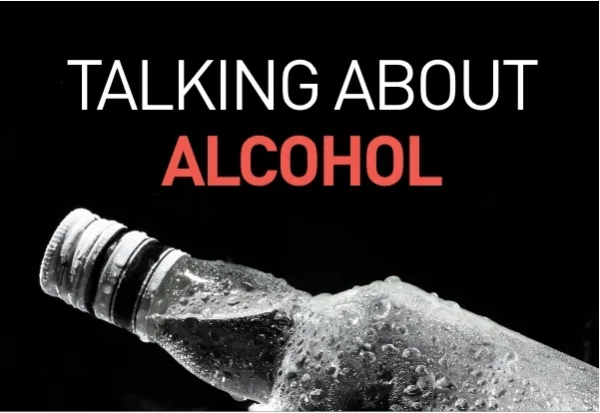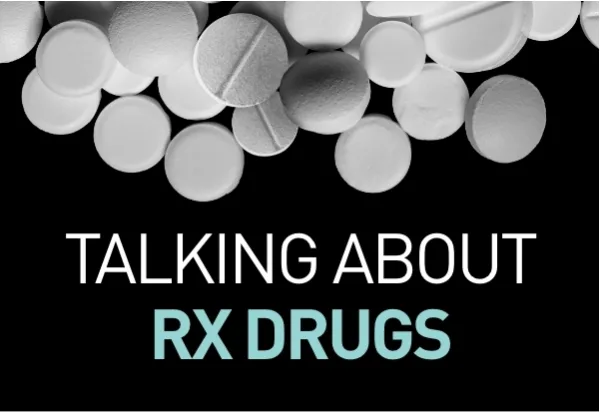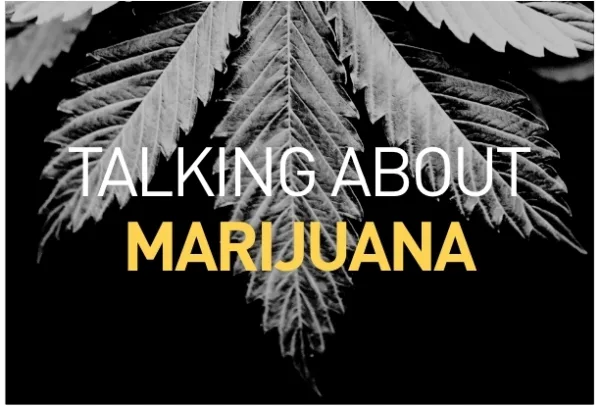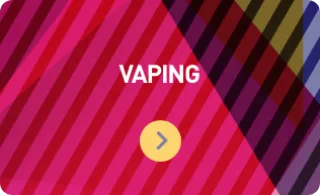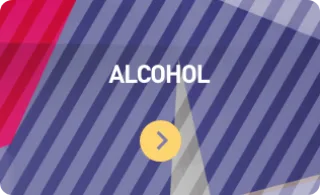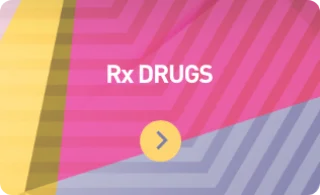
Need help talking to your teen about drugs and alcohol?
“Am I the kind of adult I would like my kids to become?”
As the saying goes, actions speak louder than words. That’s definitely true with kids. If they notice you’re not following your own advice, then they will tune out. So before you talk to your teen about drinking, drugs and smoking, take a look in the mirror.
This saying is true too—before you can help someone else, you have to help yourself.
Take the first step.
Is it a sign of something more?
Sometimes substance use is an indication of a broader issue. Use the resources below to see if there’s something beneath the surface that’s affecting your child.
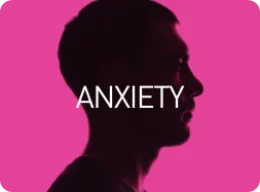
Everyone gets anxious at times. But if it interferes with a person’s ability to lead a normal life, it could be a sign of an anxiety disorder.

Depression is more than a bout of the blues. It’s a mood disorder that makes a person feel sad all the time and lose interest in life.

